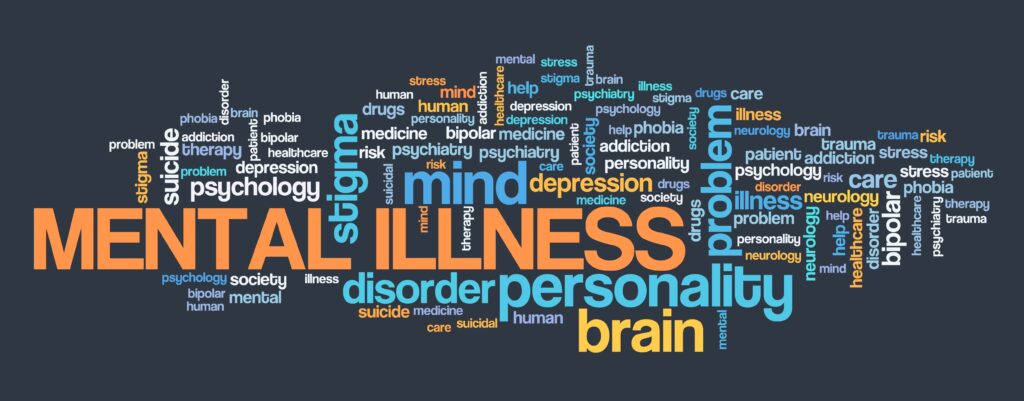Psychiatry plays a key role in understanding, diagnosing, and treating complex mental health issues. As a field of medical practice, it focuses on addressing problems related to the mind, brain, and behavior. Psychiatrists, as medical doctors specializing in mental health, encompass a wide range of strategies, from medication management to integrated care approaches. Let’s explore psychiatry’s responsibilities and methods in managing complex mental health conditions.
Comprehensive Assessments
A psychiatrist’s process often begins with a detailed assessment to identify underlying factors contributing to mental health issues. They gather and analyze a patient’s medical history, psychological background, and family history to create a complete picture of the patient’s mental health. These evaluations help pinpoint the root causes of conditions, distinguishing psychiatric disorders from other medical or situational factors that may share similar symptoms.
Psychiatrists use standardized diagnostic tools like the DSM-5 (Diagnostic and Statistical Manual of Mental Disorders) to classify mental health disorders accurately. This makes sure that diagnoses are evidence-based and rooted in thorough clinical understanding. Assessments set the foundation for personalized treatment plans.
Medication Management
Medication management is a fundamental aspect of psychiatry. Psychiatrists have specialized training in psychopharmacology, which allows them to prescribe and monitor medications designed to address chemical imbalances in the brain. These medications include antidepressants, antipsychotics, mood stabilizers, and anxiolytics, each selected based on the patient’s unique needs.
The role of medication does not end with prescription; psychiatrists also track the progress of patients, evaluating how medications impact symptoms over time. Regular adjustments may be necessary to optimize effectiveness while minimizing side effects. This makes medication management an ongoing and collaborative process.
Counseling Techniques
Beyond medication, psychotherapy and counseling play a key role in psychiatric care. Psychiatrists often incorporate evidence-based techniques such as cognitive behavioral therapy (CBT), psychodynamic therapy, and mindfulness-based approaches to assist patients in managing symptoms and understanding their thoughts and behaviors. These therapies aim to help individuals develop coping mechanisms, enhance emotional regulation, and address patterns that may interfere with their well-being. Psychiatrists may either directly provide psychotherapy or collaborate with specialized therapists. This dual pathway offers flexibility and makes sure patients receive comprehensive mental health support.
Holistic and Integrated Treatment Approaches
An integrated approach to treatment is another hallmark of psychiatry. Recognizing that mental health is influenced by a combination of biological, psychological, and social factors, psychiatrists design holistic care strategies. These often combine medication, psychotherapy, lifestyle interventions, and support resources to address multiple aspects of a person’s well-being. For instance, diet and exercise recommendations, stress management techniques, and fostering social connections may complement traditional treatment methods. This comprehensive approach helps patients achieve sustainable mental health outcomes.
Crisis Intervention and Stabilization
Psychiatrists are equipped to handle acute mental health crises effectively. This includes interventions for individuals experiencing severe symptoms such as psychosis, suicidal ideation, or acute anxiety episodes. The primary goal during such scenarios is stabilization and guaranteeing the patient’s immediate safety.
Hospitals and psychiatric units often serve as primary settings for these interventions. Psychiatrists may utilize a combination of pharmacological treatments and therapeutic techniques to de-escalate crises. They also coordinate care with other professionals to support transitions to long-term management.
Learn More About Psychiatry
Psychiatry serves as a key pillar in managing complex mental health issues, offering patients the support needed to improve their quality of life. Through comprehensive assessments, personalized treatment plans, and ethical care, psychiatrists help individuals overcome challenges and take steps toward recovery. Consult a qualified psychiatrist to address mental health concerns and explore treatment options.

